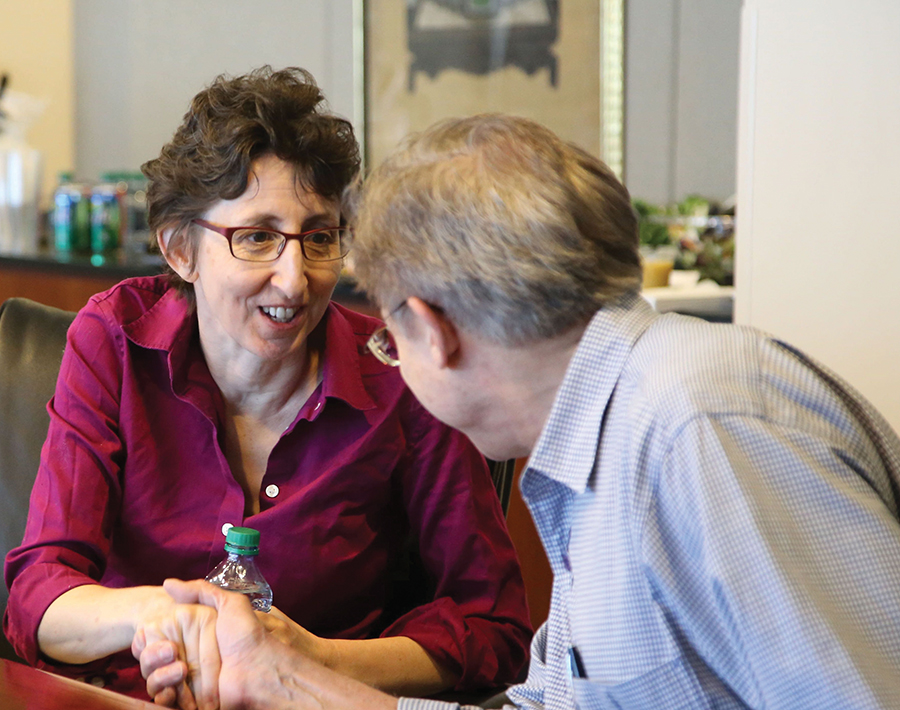
In collaboration with Georgia Tech’s ADVANCE Program, Institute Diversity has been offering 90-minute workshops to address the concepts of implicit bias and perceptions of competence.
In the realm of classical music, men have historically been considered the finest performers in the world, while women were largely considered unsuitable for openings in top-tier symphony orchestras. Long-held criticisms of poor technique and temperament kept the ranks of elite musicianship overwhelmingly male.
Then orchestras began blind auditions, and the simple act of masking gender led to dramatic changes in orchestral membership. As subsequent studies have demonstrated, the differential treatment was based not on the competency of the candidate but rather the lingering prejudice — both overt and subtle — of those on the hiring panel.
It’s a reminder of how ingrained beliefs, no matter how open- or independent-minded individuals may believe themselves to be, can cloud judgment. They are part of both the conscious and subconscious mind. And for those who have a hand in hiring and promotion, implicit bias can have a lasting impact on the diversity of an organization as well as the careers of the candidates themselves.
Confronting Bias
In collaboration with Georgia Tech’s ADVANCE Program, Institute Diversity has been offering 90-minute workshops to address the concepts of implicit bias and perceptions of competence. Tailored for faculty, the workshops are co-facilitated by Institute Diversity Associate Vice President Julie Ancis and Biomedical Engineering Professor and Senior Associate Chair Paul Benkeser.
“We convened a faculty advisory committee to gain input on the dynamics within different academic units,” Ancis said. “The feedback showed an expressed desire for broader discussion of this topic as well as tools and techniques for minimizing the effect of implicit bias.”
This past spring, more than 130 faculty members across all six colleges participated in the eight inaugural workshops, with an emphasis on candidate evaluation for the hiring process. Six more are planned for the fall semester, some of which will focus on issues specific to the hiring process and others that will focus on promotion and tenure.
The workshop offers an introduction to the concept of implicit bias, its implications for decision-making, and best practices for both individual and group judgment. Ancis and Benkeser are hoping that faculty will develop greater awareness of innate perceptions and apply this knowledge when called upon to review an applicant or write a letter of recommendation.
“There’s a growing body of literature coming from industry and research highlighting the importance of having a diverse community contributing to an organization’s goals,” Benkeser said. “We’re trying to promote this ideal to our students, so it seems we should strive to do likewise within our own practices.”
A Human Condition
Revealing one’s bias can be an uncomfortable experience and often results in defensive behavior and resistance. Ancis, whose professional work has focused on multicultural issues including women, admitted she wasn’t happy with her results on a gender-related implicit association test. Ancis says the value comes from moving beyond initial skepticism toward greater self-reflection.
“It’s important to remember that each of us holds biases and that some researchers argue that this is part of the human condition,” Ancis said. “It doesn’t make you a bad person, but we do need to understand how bias can influence our judgment.”
The goal, she said, is to recognize conditions under which we are more likely to engage in stereotyping and learn strategies to minimize its potentially adverse effect.